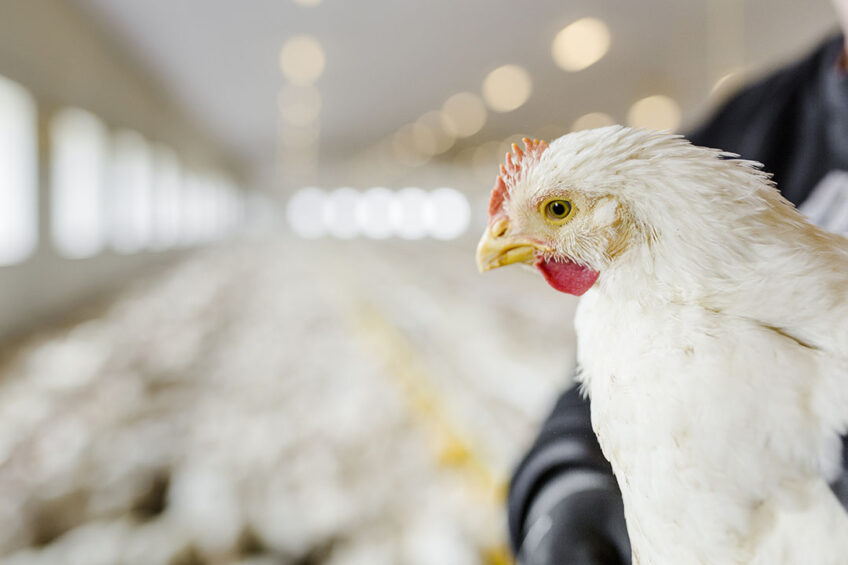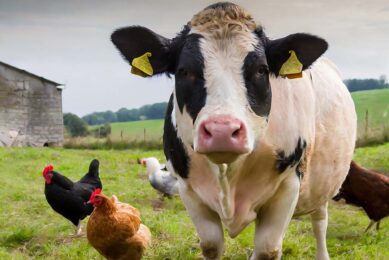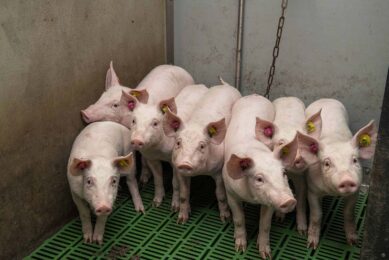Improving intestinal resilience with phytogenics

The rising global human population and improving human welfare standards increase demand for animal proteins. The intestine in animals, constitutes the centre of health, which must be taken care of.
Several trials have shown that the inclusion of phytogenic feed additives in feed enhances the performance of broilers. Alongside improved performance, the gut resilience of birds will also be beneficially influenced. Since digestion of the feed is improved using phytogenic feed additives, fewer nutrients should be available for undesirable bacteria. This limits their population growth and the detrimental consequences typically associated with this uncontrolled growth.
Next to limiting undesirable bacteria population growth, phytogenics can influence intestinal resilience via another strategy.
Quorum sensing
Quorum sensing (QS), or bacterial cell-to-cell communication, is a mechanism of gene regulation in which bacteria coordinate the expression of specific genes in response to the presence of small signalling molecules (inducers). This regulatory mechanism has been shown to control virulence gene expression in many different pathogens. Virulence factors include gene products involved in, for example, toxin production. The abundance of the signalling molecules in the environment thereby directly reflects the bacterial population density. If a certain threshold of inducer concentration is reached, the bacteria start to produce virulence factors, leading to the disease outbreak in the host. Various pathogenic bacteria like Clostridium perfringens have been shown to use QS to regulate their virulence and pathogenicity.
Selected phytogenic substances can interfere with the QS of bacteria and therefore possess the ability to suppress the virulence of bacteria. This so-called quorum sensing interference (QSI) can be studied very well in a model that Delacon developed. Studies showed that a mix of phytogenic substances could decrease 35% Alpha toxin production of Clostridium perfringens. In 2 in vivo experiments, this mixture showed a decrease of 37.5 % and a 54.5% decrease in necrotic enteritis lesions.
Delacon performed an experimental trial (12 repetitions per treatment, 17 birds per repetition) with an industrial partner in Thailand. This trial showed that a carefully selected mixture of phytogenic substances could improve the performance of naturally challenged birds on the farm. The phytogenics, dosed to the feed at 400 g/MT (metric tons) from day 1 until day 28, improved WAFCR by 2.9 points at day 28 and 3.5 points at day 42 (Figure 1).
Natural and safe alternative
The use of well-formulated phytogenic substances represents a relevant strategy in facing the challenges of modern poultry production. Apart from their proven efficacy and beneficial effects on digestibility, nutrient utilisation, and intestinal resilience, they are natural and safe.






